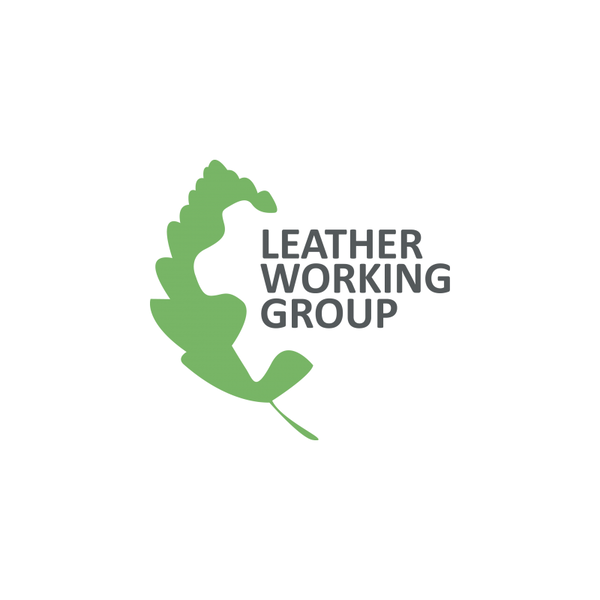For many years, the responsible design of supply and value chains has been an important element of DEICHMANN’s good procurement practices. The relevant rules are set out in a “Code of Conduct” and the policy statement, and they are regularly reviewed by means of appropriate controls and due diligence processes.
Asia traditionally plays a major role in the global textile and apparel industry. Eighty percent of the shoes produced worldwide are manufactured in Asia – and DEICHMANN’s range is no exception. Our products are shipped to Europe by sea and then transported to the individual stores via distribution centres. DEICHMANN mainly uses sea and rail transportation routes – which offer an efficient means of goods transportation in terms of carbon emissions. Trips, cargo space concepts and even the own fleet of trucks are continuously reviewed and optimised.
DEICHMANN is a member of the German Association of Environmental Management, B.A.U.M. This environmental initiative, the largest of its kind in Europe, aims to promote sustainable environmental practices in all areas of corporate governance.
Managing toxic substances: DEICHMANN’s standards surpass legal requirements
DEICHMANN offers fashionable, affordable and good-quality footwear to its customers. All products are thoroughly tested for undesirable chemical substances. We work closely with our suppliers in the manufacturing process to ensure that our product development input is taken into account early on, when our collections are being designed. External testing institutes additionally monitor compliance with DEICHMANN’s own quality and environmental standards, which go far beyond the legal requirements. These institutes also conduct tests to identify potentially harmful or prohibited substances during the production process.
Setting sector standards
We share our expertise in these areas with other companies in our sector through our involvement in various committees and associations. DEICHMANN is a founding member of cads – cooperation for assuring defined standards for shoe and leather goods production e.V. – which was established under the umbrella of the German Shoe Institute (DSI) in Offenbach. cads is involved in initiatives to raise awareness and prevent the use of hazardous substances in shoes. The association’s objectives are to create and disseminate knowledge relating to the production and marketing of non-toxic footwear and footwear materials, as well as environmentally friendly production practices. The companies affiliated with cads have already voluntarily dispensed with the use of critical substances in the materials used for shoe production, and they do so to an extent that goes far beyond the legally regulated parameters. cads also focuses on the issue of sustainability, including aspects such as environmental and social standards.
Commitment to sustainable energy efficiency
Another step towards the future: Following a successful audit, DEICHMANN has received ISO 50001 certification from TÜV SÜD for its energy management system. The certification attests that the company has a systematic energy management system in place that aims to continuously improve energy efficiency and reduce emissions and energy costs. This underlines the shoe retailer's ongoing commitment to energy efficiency and sustainable business practices.
The certification was carried out in accordance with the legal requirements of the Energy Efficiency Act and included internal and external audits, in which a comprehensive analysis of energy consumption and energy-related processes at DEICHMANN SE's German locations was carried out – from the stores and logistics centres to the company headquarter in Essen. The measures derived from this not only contribute to reducing the energy consumption of the Essen-based family business. They also raise awareness of the responsible use of resources throughout the company. Examples include training courses to sensitise employees to energy-efficient behaviour, the introduction of systems for real-time monitoring of energy consumption, and analyses for the technical and economic optimisation of energy-intensive processes.
In view of the German Energy Efficiency Act, DEICHMANN decided to have its energy management system certified according to ISO 50001. ISO 50001 is an international standard for energy management systems that supports companies and organisations in establishing systematic energy management. By implementing this standard, they can sustainably reduce their energy consumption and at the same time contribute to climate protection.

